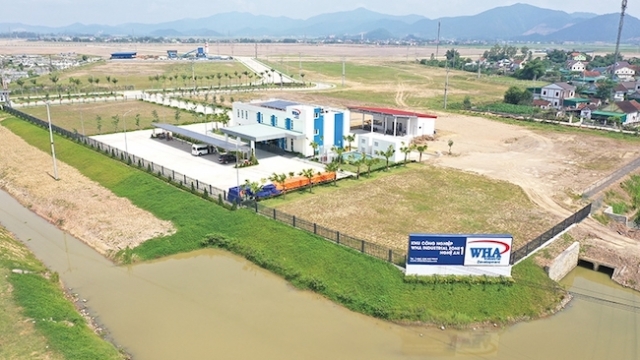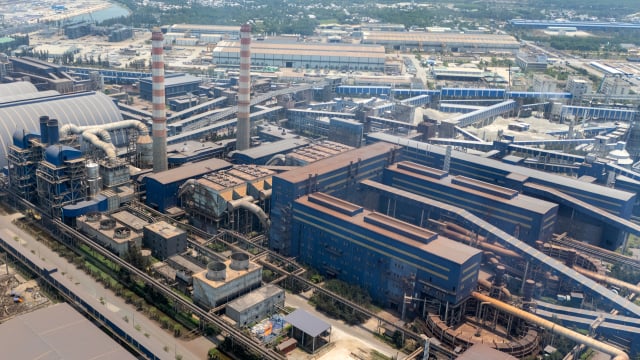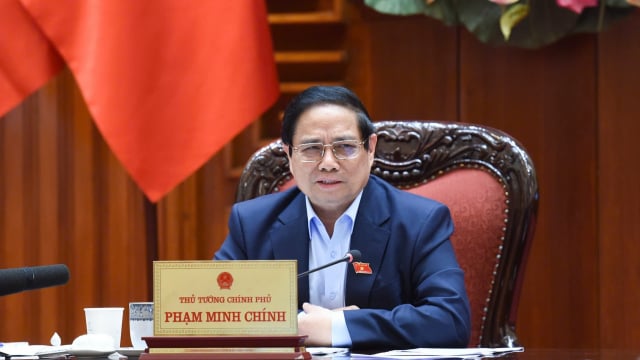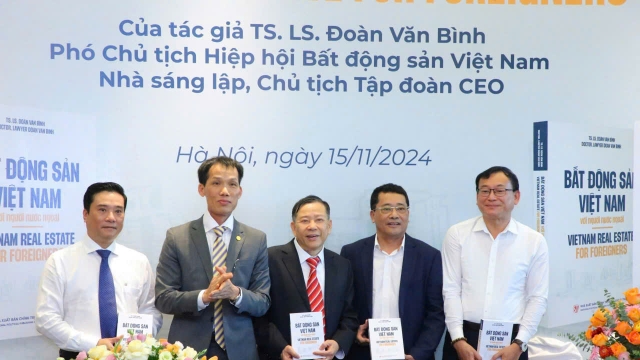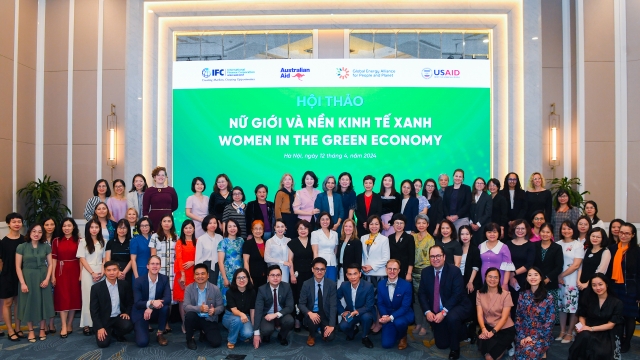National Focus
WHA plans to develop 2 industrial zones in Thanh Hoa province
The two projects represent a total gross area of nearly 1,200 hectares. Their construction is scheduled in 2022 and 2023, following WHA's 3,200ha industrial zone located in Nghe An province.

WHA Industrial Development Plc., a leading developer of industrial estates in Thailand and Vietnam, has announced the signing of a memorandum of understanding (MoU) with Thanh Hoa provincial People’s Committee for the development of two industrial zones in the province.
Positioning itself to attract high-value technology companies, the first project to be named WHA smart technology industrial zone – Thanh Hoa, will represent a gross area of approximately 600 hectares, plus an additional residential area of 30 to 50 hectares.
The second project, to be named WHA northern industrial zone – Thanh Hoa, with a gross area of approximately 540 hectares, will target downstream industries including plastics, rubber, chemical, and biochemical products, metal fabrication and foundries, building materials, automotive parts, mechanical assembly, appliances, and others.
The two sides will immediately commence the necessary process for obtaining the projects’ licenses and approvals, with construction expected to commence in 2023 and 2022, respectively.
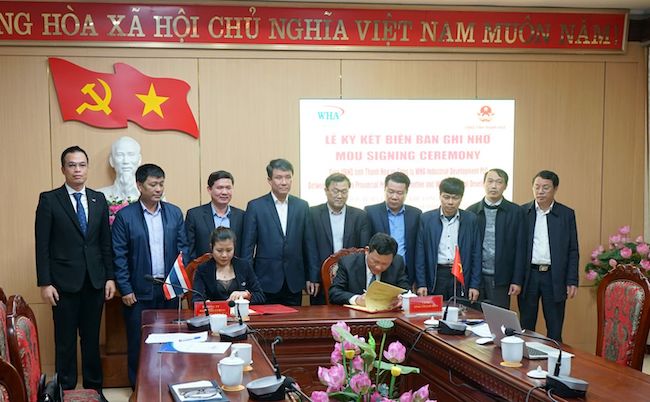
David Nardone, Vice-chairman of WHA Corporation Plc. commented that this MoU will reinforce the company's presence and growth strategy in Vietnam. The two WHA projects present location advantages to target specific market opportunities.
The first project, with its 12-kilometre proximity to the province's main city and available educated workforce, will capture demand from high-value technology companies. The second project, located near the well-established Nghi Son petrochemical complex, will further enable the integration of the petrochemical and metal supply chains.
With a population of 3.6 million people, the third-largest province in Vietnam, and a labor force of 2.3 million, Thanh Hoa is situated in Vietnam’s north-central region. Its proximity to the capital city of Hanoi and Hai Phong benefits the province in terms of connectivity, logistics infrastructure, and access to Hanoi international airport and the Lach Huyen deep seaport.
Jareeporn Jarukornsakul, chairman of WHA Corporation PCL said that within the past years, Vietnam has become an important industrial and manufacturing base in ASEAN.
"This MoU confirms that it is now a destination of choice for international investors in various industries, including high-value technology businesses. This will result in a new landscape of synergies and promising opportunities for WHA," said Jareeporn Jarukornsakul.
WHA continuing to expand in Vietnam as strategic initiative after Covid-19
Resolution 68: A turning point in Vietnam's private sector policy
As Vietnam sets its sights on becoming a high-income country by 2045, Resolution 68 lays a crucial foundation. But turning vision into reality requires not only good policy - but also unwavering execution, mutual trust and national unity.
Vietnam plans upgrade of Gia Binh airport to dual-use international hub
Vietnam plans to upgrade Gia Binh Airport in Bac Ninh province into a dual-use international airport to support both military and civilian operations, the government said on Friday.
Lives under the scorching sun: Outdoor workers racing against climate change
Under unforgiving conditions, the outdoor workers - the backbone of urban economies - endure the harshest impacts of climate change while remaining overlooked by social safety nets. Their resilience and struggles highlight the urgent need for better protection in the face of rising temperatures and precarious livelihoods.
CEO Group chairman unveils guide to Vietnam real estate for foreigners
Doan Van Binh, Chairman of CEO Group and Vice President of the Vietnam National Real Estate Association, introduced his latest book, “Vietnam Real Estate for Foreigners,” at a launch event in Hanoi on Friday.
Women leading the charge in Vietnam's green transition
Acting for increased women’s participation and leadership in climate action, Vietnam can accelerate a transition that is more inclusive, just, and impactful.
Steam for girls: A journey of passionate and creative girls
The "Steam for girls 2024" competition provides a creative platform for Steam and an opportunity for students to connect with peers from various regions within Vietnam and internationally.















